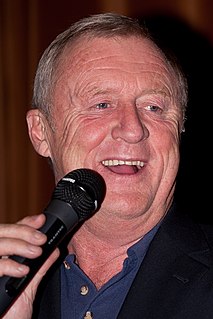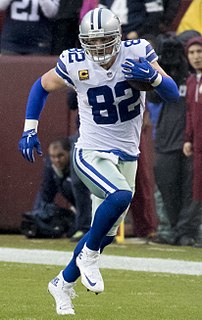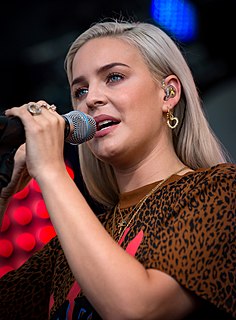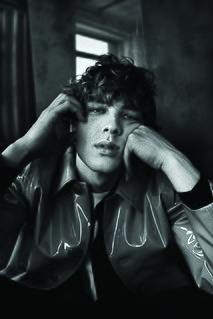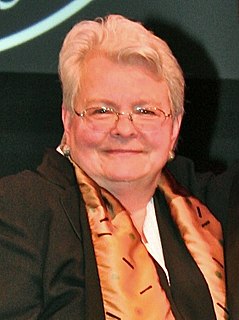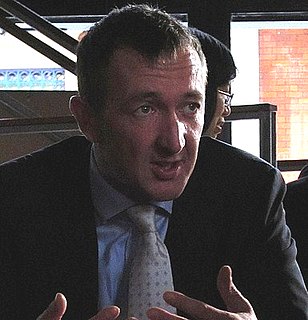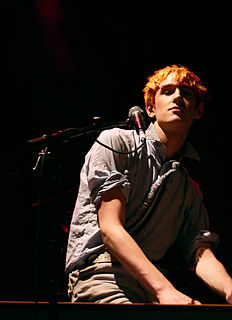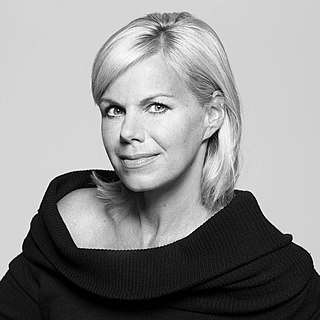A Quote by Chris Tarrant
Probably the most formative thing was at the age of four my Granddad took me fishing. That actually became a major part of the rest of my life.
Related Quotes
When I was four, five, my granddad took me over to the park to play basketball. There was no way I was getting a ball into the net, but he said we stayed there until I got it in. I always remember that. He used to say to me, 'When you think you're going to do something, you won't ever stop.' I think that's the person I've been all my life.
When people watch me on TV they see part of my life. I wanted to let them know the real me behind the scenes. The child who was a concert violinist from the age of six. The young woman who took on the challenge to compete in the Miss America pageant. The television journalist for twenty-five years. The mother of two who, just like most women, struggles to balance work and family.
I was a very sickly kid. While I was in the hospital at age seven, my Dad brought me a stack of comic books to keep me occupied. And I was hooked. When my eighth grade art teacher, Mr. Smedley, told me he thought I had actual art talent, I decided to devote all my efforts in that direction in the hope that I might someday get into the comics biz. I became an art major, took every art class my school had to offer. In college, I majored in Advertising Art and Design.
